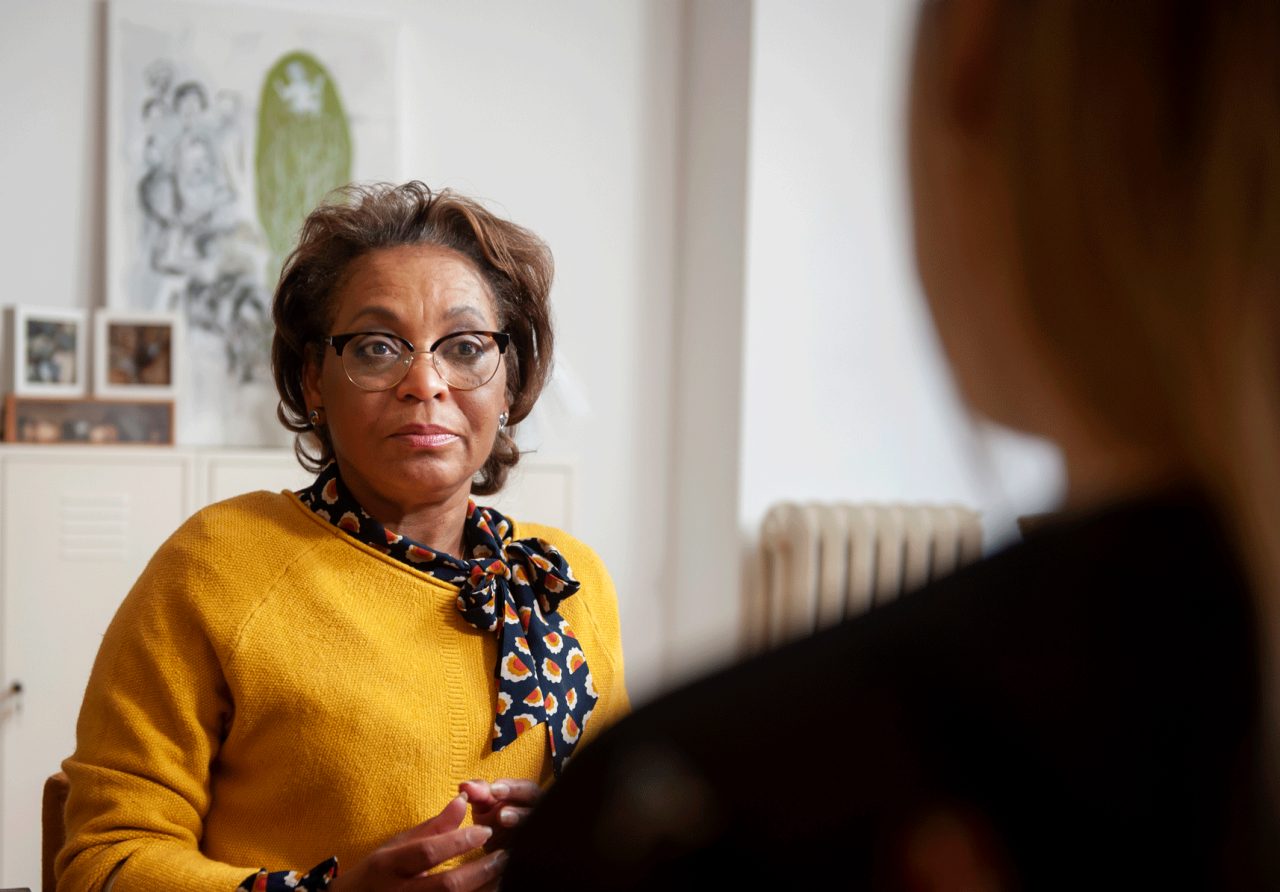Why Cancer Treatment Should Include Psychological Help

A cancer diagnosis and cancer treatment can be overwhelming. Find out why cancer treatment should include psychological help and how to find needed support.
Learning you have one of the most dreaded diseases on the planet — cancer — can cause a rush of emotions, including fear, anxiety, depression, and even anger. Whether the specific malignancy is highly treatable and curable or carries a complicated and worrisome prognosis, cancer not only affects your body but also your feelings, the American Cancer Society points out.
Statistics from the American Cancer Society show 30 percent of cancer patients suffer serious depression or other psychological distress, while 30 to 40 percent of their family members also experience similar emotional reactions to the diagnosis. That’s why cancer treatment should include psychological help.
Receiving mental healthcare and emotional support can benefit cancer patients and their loved ones, helping them cope with the diagnosis and the stress of treatment. Research, however, shows that many people with cancer aren’t getting the counseling they need.
So, if you or are struggling with worry or feeling overwhelmed with your diagnosis, get the facts about why cancer treatment should include psychological help. And find out how to get the appropriate support you or a loved one needs.
YOU MIGHT ALSO LIKE: Our Cancer Care section
Many patients are not receiving psychological help for cancer
All.Can, a multi-nation cancer initiative, conducted an international patient survey, compiling information from nearly 4,000 people affected by different cancers in 10 countries, including the U.S. The result of the research showed many cancer patients have difficulty accessing the psychological support they need.
The data revealed almost 70 percent of people affected by cancer said they needed psychological help either during or after their cancer treatment. Yet 34 percent of those people said counseling and other psychological help for cancer was not available. What’s more, more than 40 percent said their cancer doctors and other members of their treatment team did not offer any information about patient support groups or other organizations that could provide psychological help.
"Psychological support is now recognized as an essential component of quality multidisciplinary cancer care and should be available to all cancer patients. Unfortunately, this often does not happen in practice — this is an important gap that needs to be filled,” said Matti Aapro, MD, a member of the All.Can international steering committee and an oncologist at the Genolier Cancer Center in Switzerland.
Understand why cancer treatment should include psychological help
There are many reasons psychological and emotional support is important to help cancer patients cope — before, during, and after treatment for the disease.
"Mental distress is common among cancer patients and can result in difficulty processing information, regretting decisions about treatment choices, and fear of their cancer coming back," said Alex Filicevas, Head of EU Affairs the European Cancer Patient Organisation.
It’s not unusual for cancer patients to suffer from depression — and if serious depression is not treated with therapy and, if needed, medication, the result can impact health. Cancer patients with depression have an almost 40 percent higher risk of mortality and higher healthcare costs than patients who are not depressed, according to the All.can research team.
Be proactive about psychological help
Cancer patients need to recognize and accept their emotions. Fears and moods can change from day to day, and even from hour to hour. The American Cancer Society emphasizes that mood swings in cancer patients are normal but, over time, most cancer patients can adjust to their diagnosis and move forward with their lives.
Mental health counseling, however, can ease worries, teaching you coping skills for facing the challenges of a cancer diagnosis and treatment. For some people, joining a support group of cancer patients and survivors, who understand what you are going through, can also help you find strength and have the best quality of life possible. On-line support groups can also be helpful.
If your oncologist hasn’t offered you a referral for psychological help, be proactive. Reach out to your cancer treatment team and ask for an experienced therapist or support group.
You can also contact the American Cancer Society at 1-800-227-2345 for information about support resources offered near you.
Updated:
June 06, 2023
Reviewed By:
Janet O’Dell RN